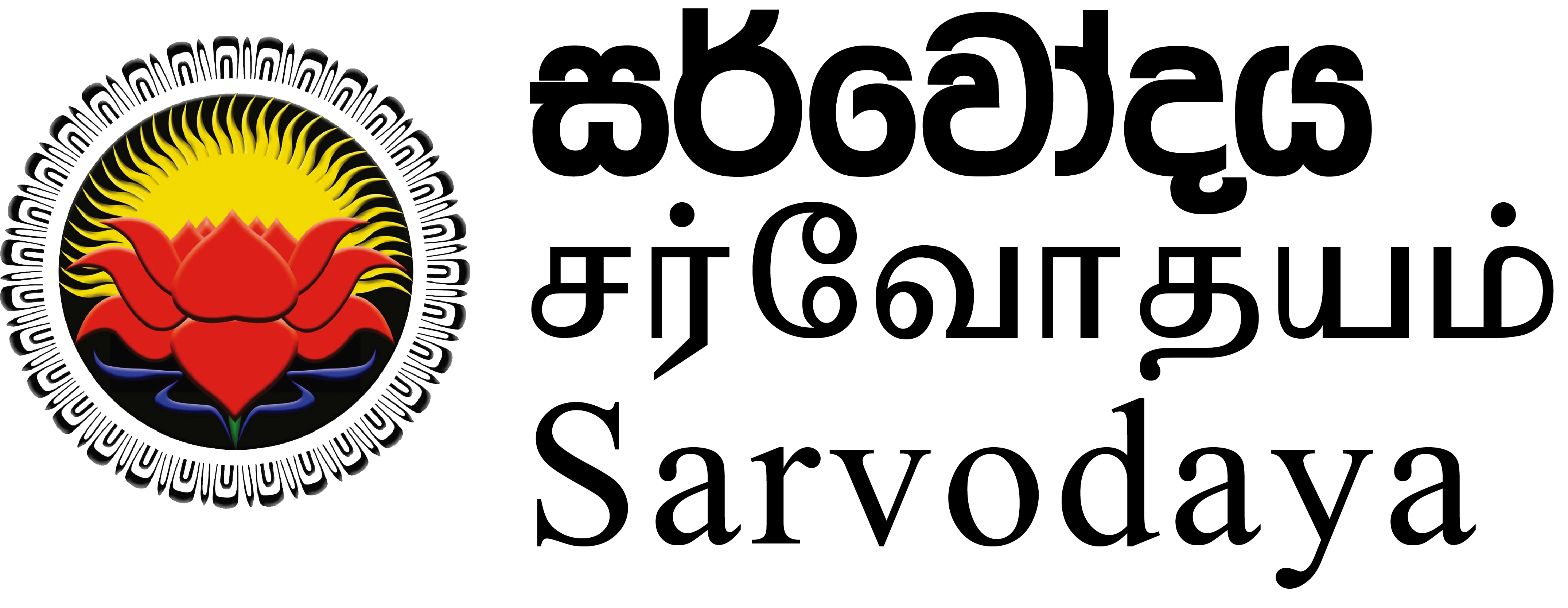A Socio-Anthropological and Technology Study on the “Last Mile”
Sarvodaya has now become a centre for various development activities in Sri Lanka, including ICT-based programs for the poor. Since 1997, seven Telecenters have been established by Sarvodaya. Some of the Telecenters are quite modest, but all became functional as ICT nodes for community development.
This research project is planned to be based upon the ongoing Sarvodaya Telecenters project, which had been a successful IDRC pilot project. The present proposal will develop an extension to the two selected Telecenters in order to establish two ‘Virtual Villages’ equipped with wireless technology which will further enhance the use of ICT for development within a traditional village environment. The objective of the project will be to extend reach of ICT beyond the Telecenters, while mobilizing a community network using new, low-cost wireless technology as a last mile solution.
Within the virtual village concept, the potential of ICT will be harmonized with the traditions and the development of the rural community. The two virtual villages will consist of ‘Tele-huts’ established near a ‘village-community-bank’/ CBO office (community based organization), and they will be networked (externally) to the District Telecenters.. Wireless community networks will be used within each village so that the Tele-huts can connect to the Village Access Points (VAPs). These are three ‘static’ ICT points at a temple, a school, and an ayurvedic practitioner, and two ‘mobile’ ICT points which will provide access to women, farmers and entrepreneurs. The community ICT network will be made functional as a supporting mechanism to the on-going community development work.
The key research objective will be to determine whether the virtual village model and the latest wireless innovation can widen the social and economic benefits of ICT. Thus, two academic research studies, one focusing on the ICT/ technological aspects and one on the socio-anthropological aspects, will be carried out by two separate research teams. The technology research team will concentrate on the aspects of adaptability of networking technologies to the rural environment, adaptability of open source technologies, technological bottle-necks etc. The socio-anthropological research team will study the aspect of response patterns of a diverse community groups, including gender, behavioral changes, and impact made by ICT on the community life. The replicability and sustainability of the project concept will be closely monitored. It is expected that the research findings will be disseminated to the policy-makers and other development workers. A project steering committee consisting of experts from the University of Colombo School of Computing and the University of Peradeniya will be formed to manage and monitor the overall project development process.
